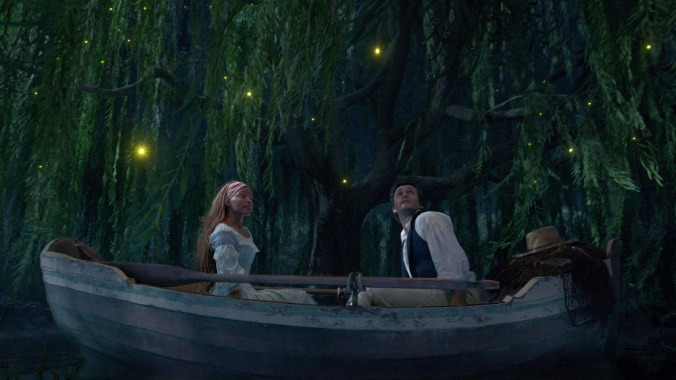Oh no, The Little Mermaid live-action remake changed lyrics to suit modern "sensitivity"
Original Little Mermaid songwriter says "Poor Unfortunate Souls" and "Kiss The Girl" have been revised for the live-action remake

With the recent spate of children’s classics (among other works) being rewritten to be ostensibly less offensive, one question comes to mind: Who asked for this? Contrary to what some believe, there usually isn’t a “woke mob” clamoring to sanitize every kids’ cartoon and bedtime story. No piece of past media is perfect or above criticism, but it’s unclear where the desire to edit out the most minor grievances stems from. The latest victim of this treatment is The Little Mermaid, which has apparently seen some songs rewritten to be a better example for young girlbosses everywhere.
Legendary composer Alan Menken told Vanity Fair that the lyrics to “Poor Unfortunate Souls” underwent revisions “regarding lines that might make young girls somehow feel that they shouldn’t speak out of turn, even though Ursula is clearly manipulating Ariel to give up her voice.” Ursula famously being the villain of the piece, it’s puzzling as to why her track would need to be more woke. (Isn’t the point that she’s nasty?) Hers isn’t the only song that was altered, Menken revealed: “There are some lyric changes in ‘Kiss the Girl’ because people have gotten very sensitive about the idea that [Prince Eric] would, in any way, force himself on [Ariel].” Are the sensitive people in the room with us right now?








![HBO teases new Euphoria, Larry David, and much more in 2026 sizzle reel [Updated]](https://img.pastemagazine.com/wp-content/avuploads/2025/12/12100344/MixCollage-12-Dec-2025-09-56-AM-9137.jpg)































